26 GPTs for Music Research Powered by AI for Free of 2025
AI GPTs for Music Research are advanced generative pre-trained transformers specifically designed for exploring and analyzing the vast domain of music. These tools leverage machine learning and natural language processing to understand and generate insights on music trends, compositions, theories, and much more. They are crucial for providing tailored solutions in music research, making complex analyses accessible and fostering innovation in the field.
Top 10 GPTs for Music Research are: Sample Finder,AHA Music - Song Finder,Music Guide,Song Finder,K-POP Companion,KANcierge(KANシェルジュ),Music21 Composer,サザンGPT,Band Revelations,Discogs Assistant
Sample Finder
Uncover the Origins of Every Beat

AHA Music - Song Finder
Discover Music Effortlessly with AI

Music Guide
Decoding Music with AI Expertise
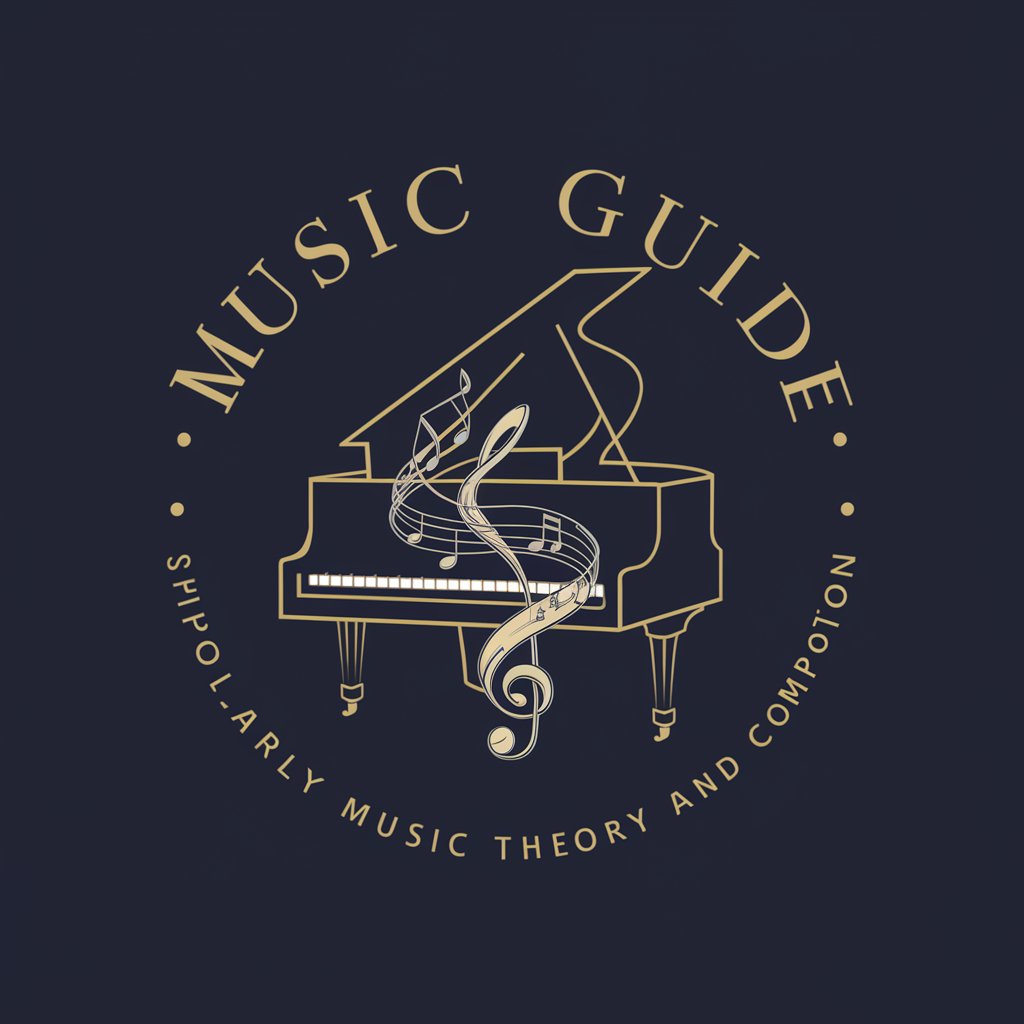
Song Finder
Uncover any song with AI-powered precision.
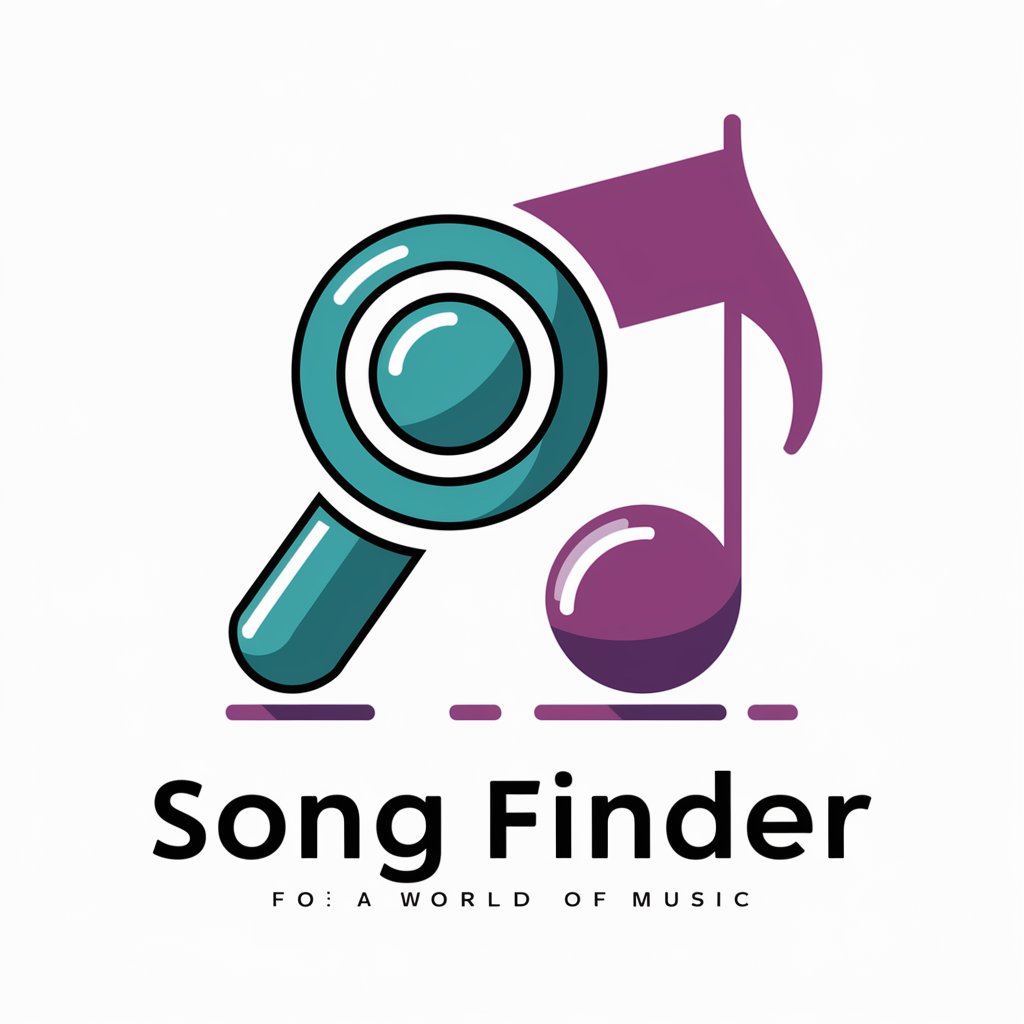
K-POP Companion
Your AI-powered gateway to K-POP culture
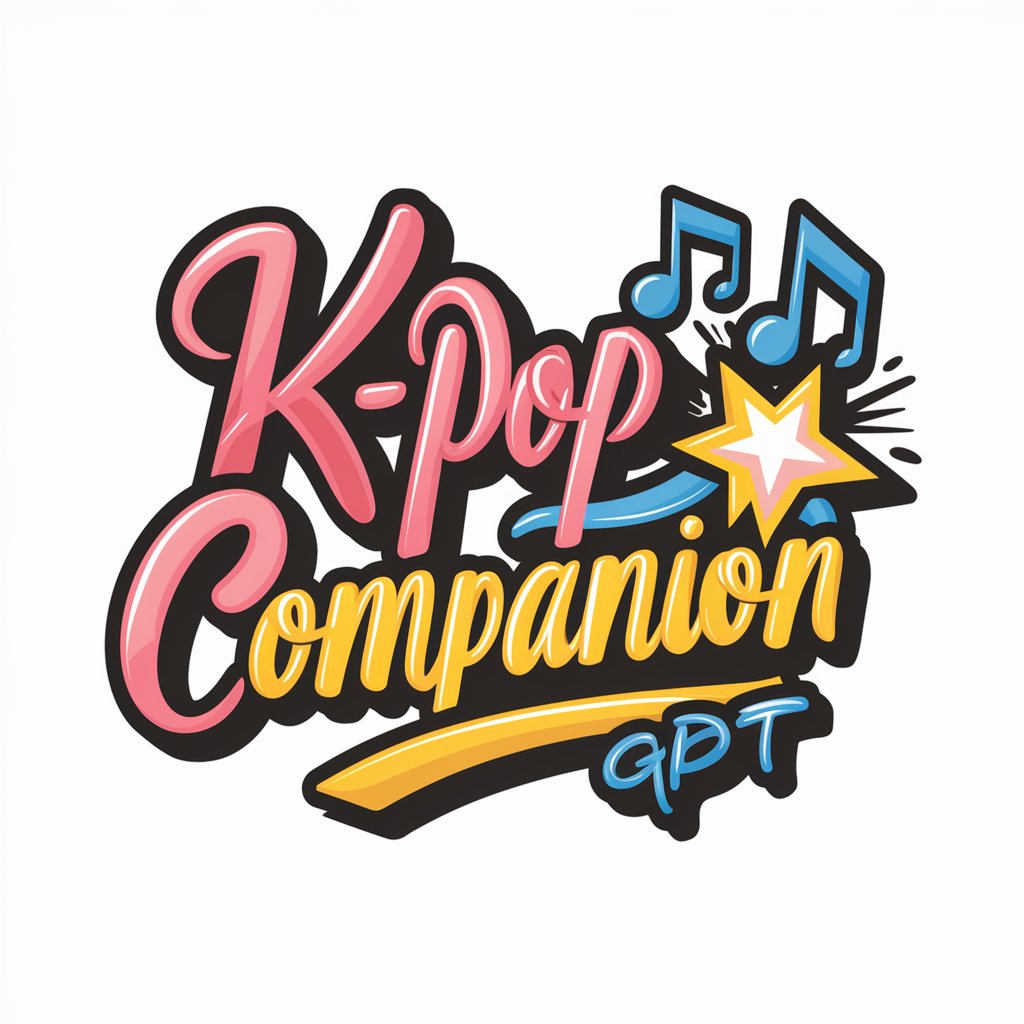
KANcierge(KANシェルジュ)
Explore KAN's World with AI
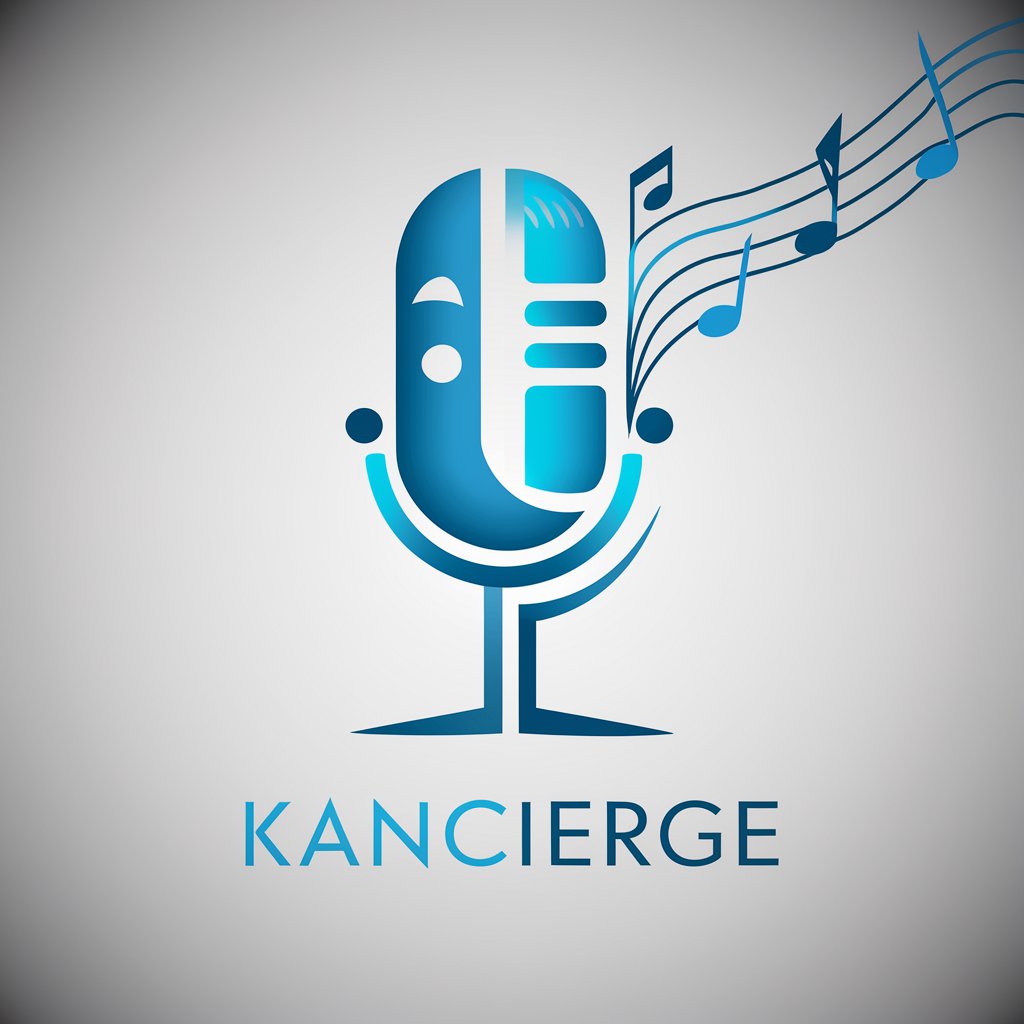
Music21 Composer
Compose and analyze music with AI.

サザンGPT
Deep Dive into Japan's Music Icon

Band Revelations
Unveiling Musical Journeys with AI
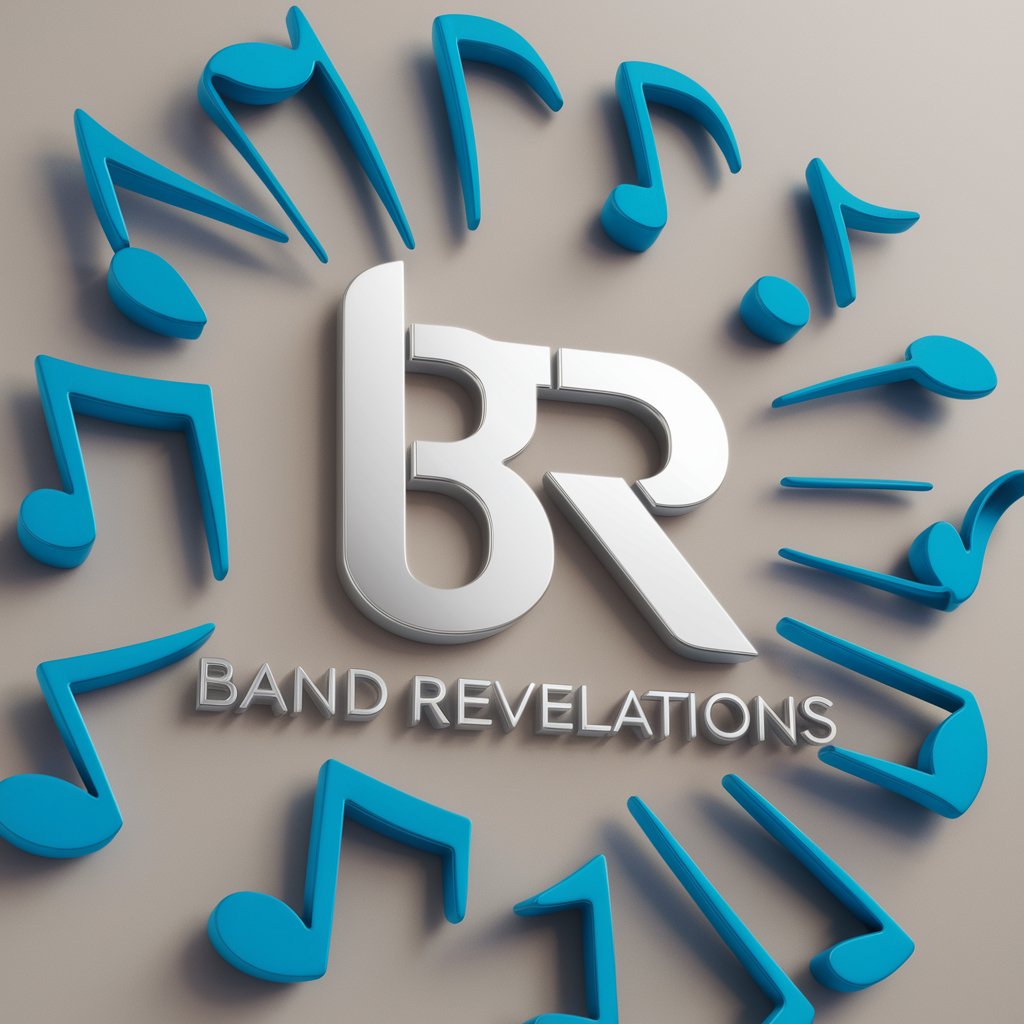
Discogs Assistant
AI-powered Discogs Exploration

Taylor A. Swift's The Eras Concert Guide
Your AI-powered Swift Concert Companion
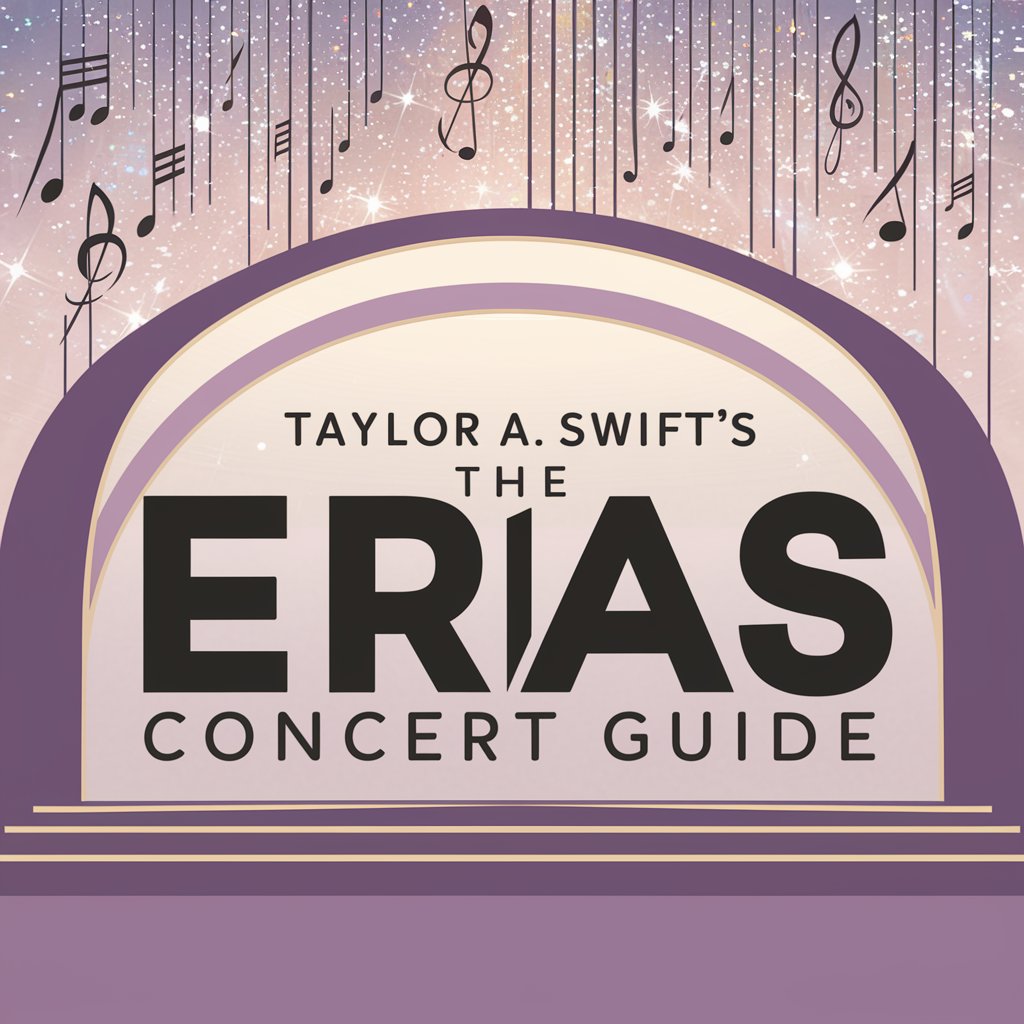
Music Database
Discover music insights, powered by AI
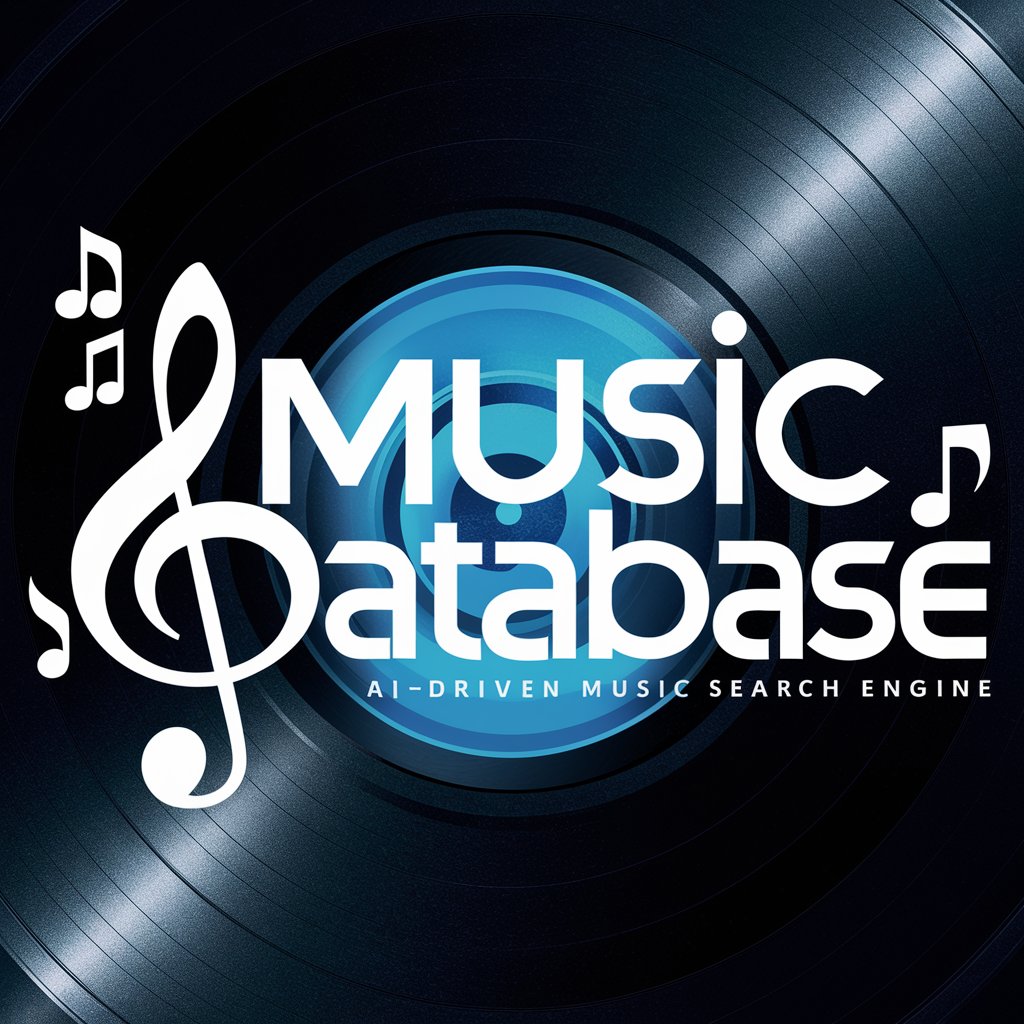
Album Buddy
Discover Music's Stories with AI

邦楽ロックバンド解説
Explore Japanese rock with AI precision.
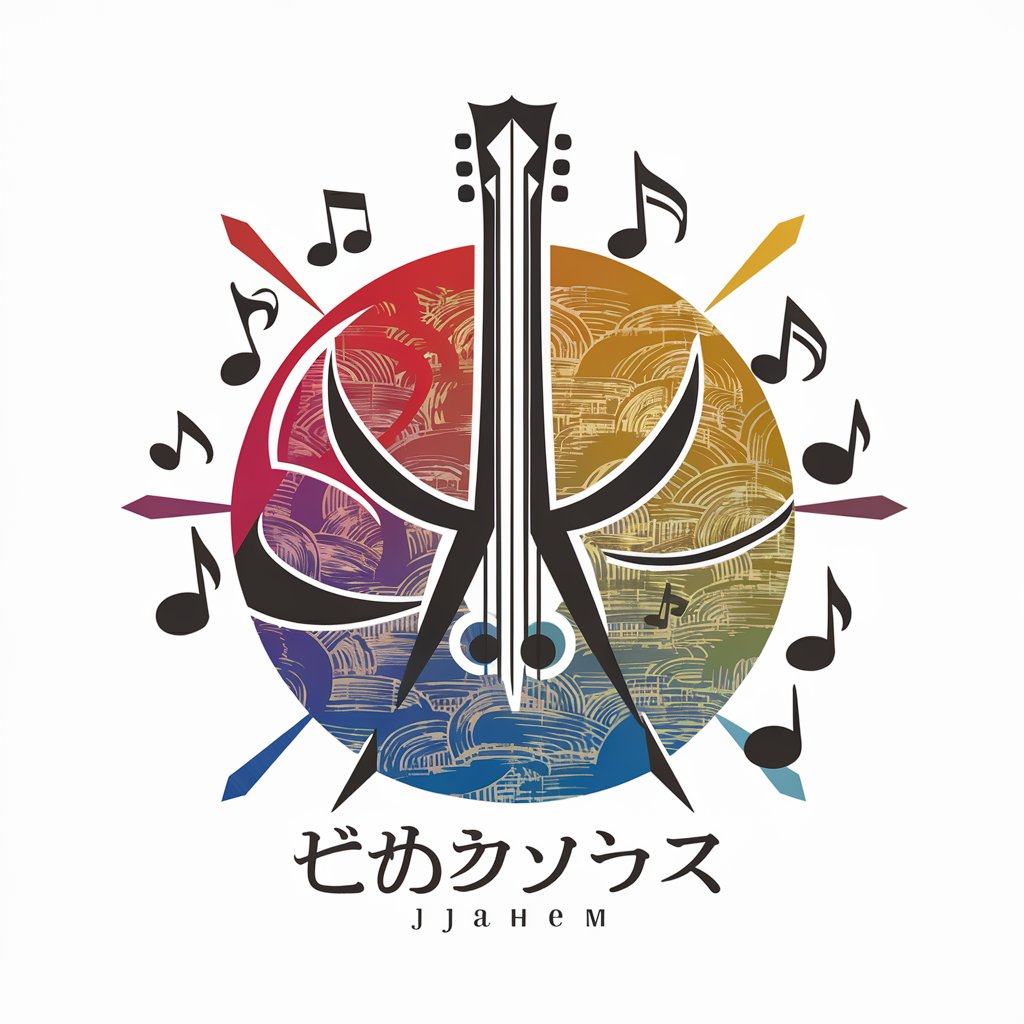
Record Album Analyzer
Uncover Music's Stories with AI
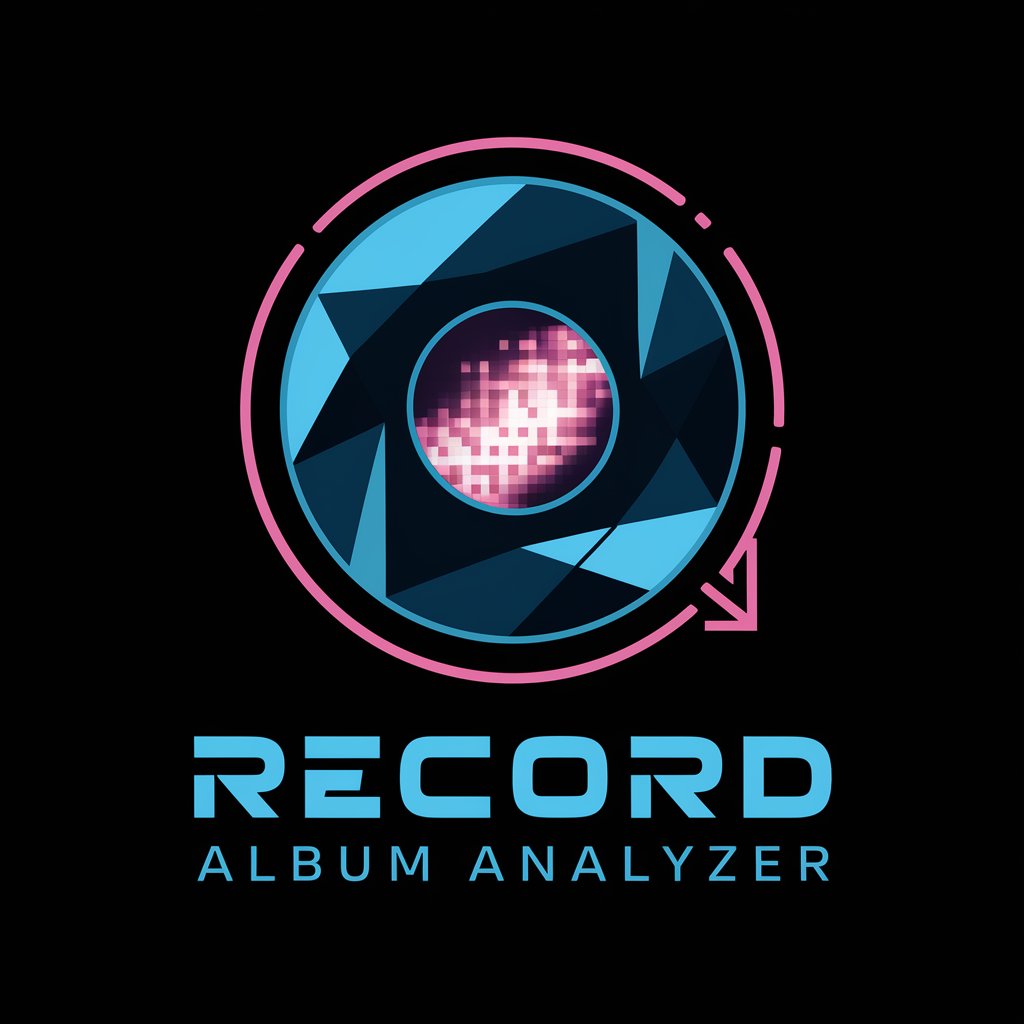
Video Music Extractor
Extract music seamlessly with AI power.

Prgrm Slyr
Elevating Music Events with AI
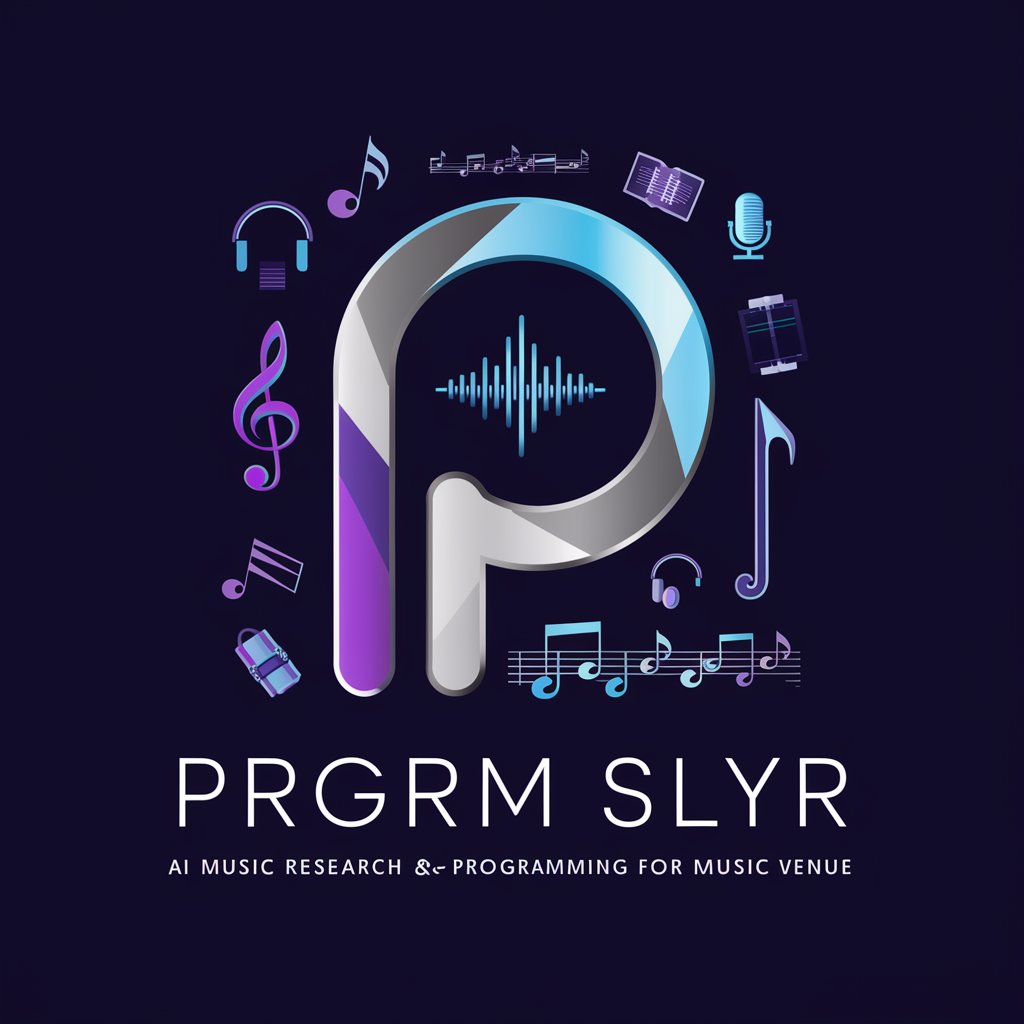
Sample Searcher
Uncover music's hidden connections.
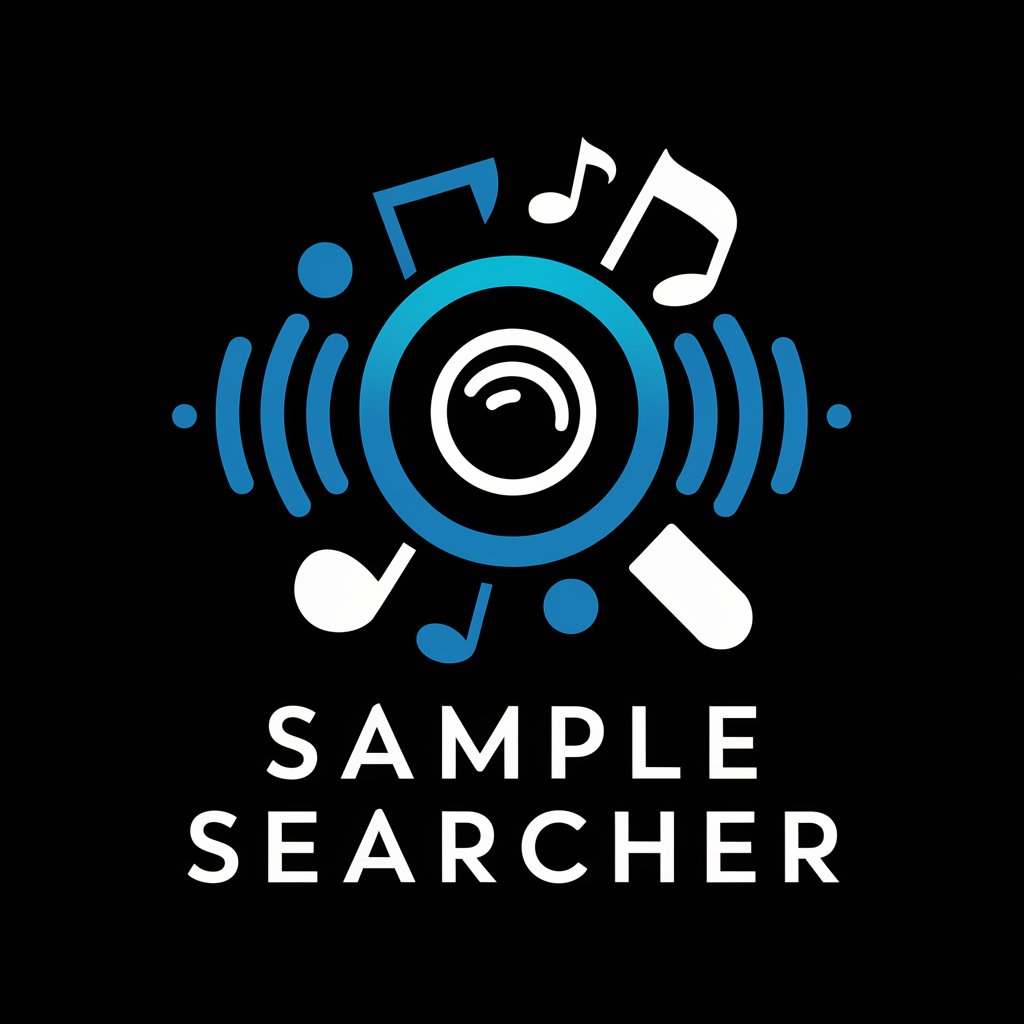
Album Identifier
Identify Albums Instantly with AI
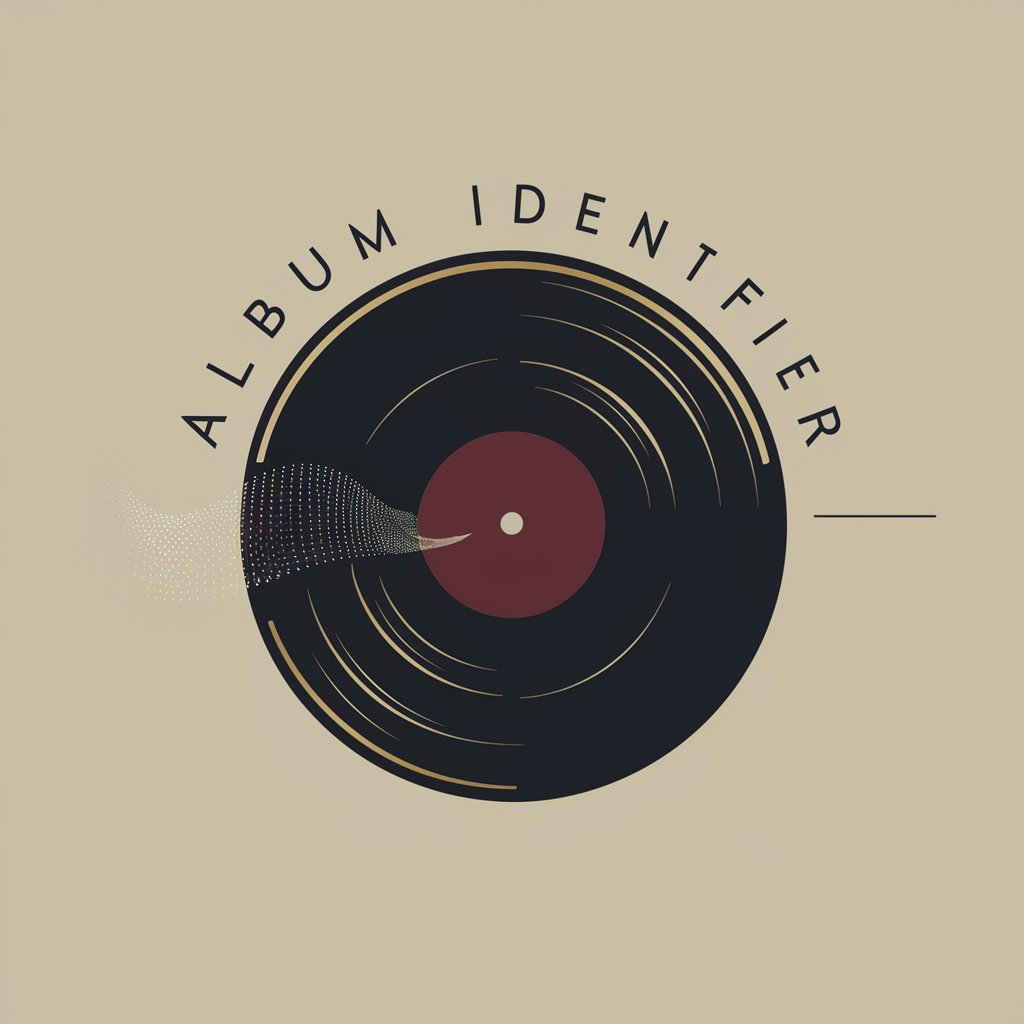
Historiador del Metal Iberoamericano
Powering Metal Music Discovery

Song(s) link(s) finder
Instantly find links to your favorite songs.
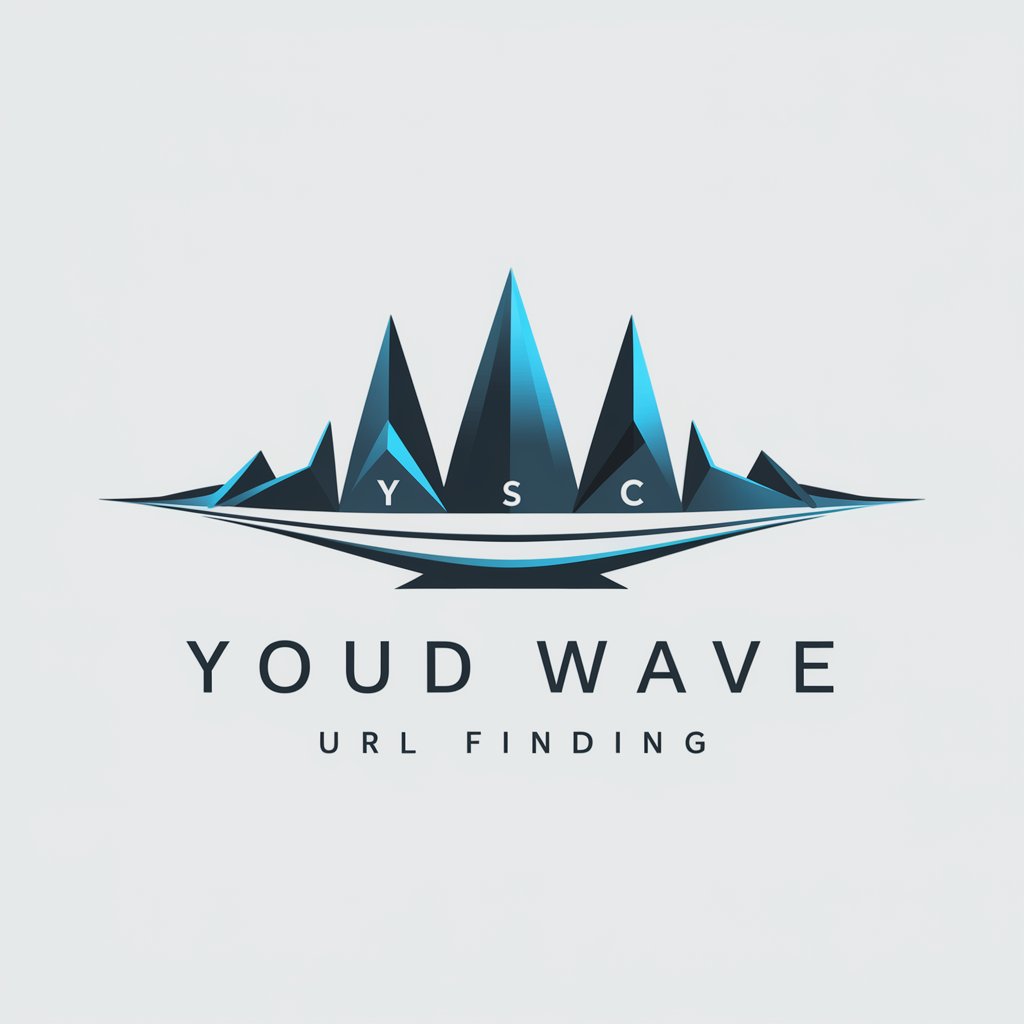
年代別音楽ランキング
Explore music history with AI

Rimon&Lior Forever
Explore Rimon's Music with AI

Music Bands: the best!
Discover Music's Past with AI
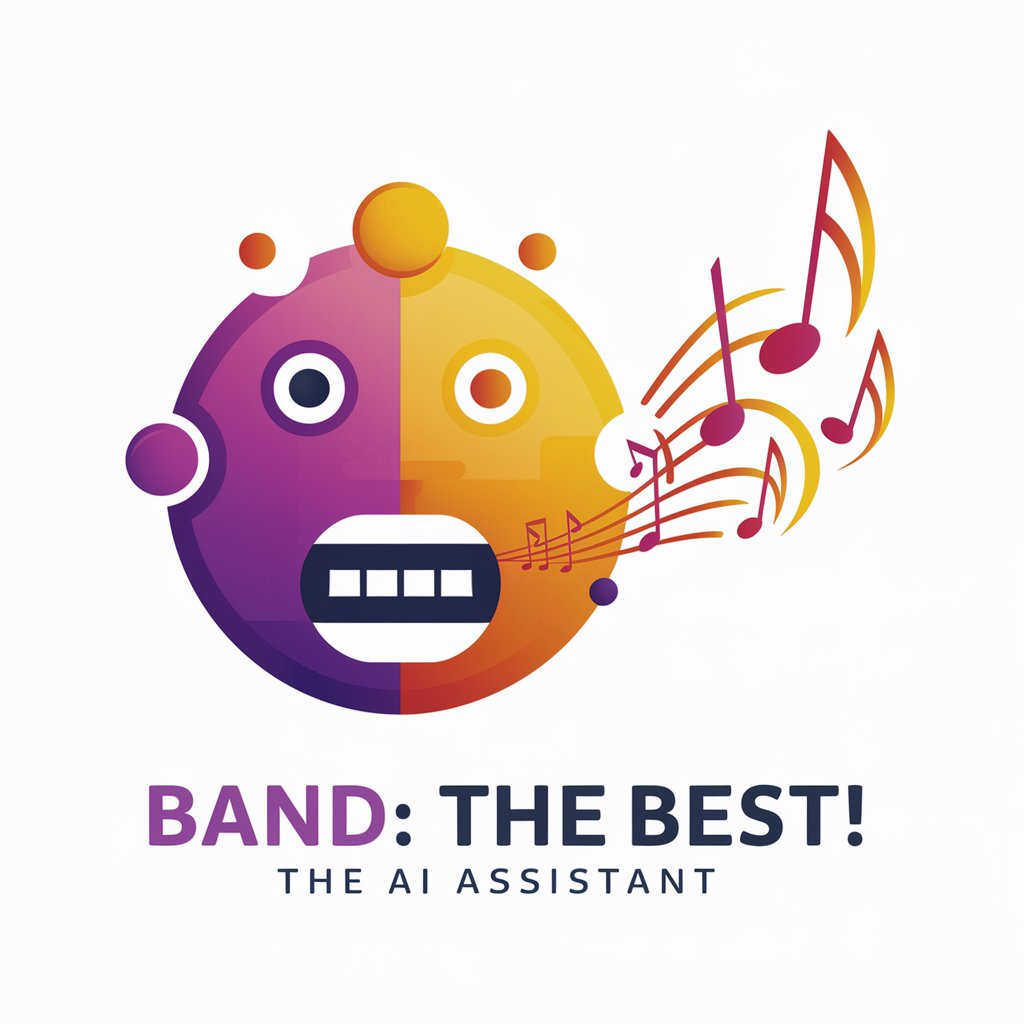
Principal Characteristics and Capabilities
AI GPTs for Music Research boast a range of unique features tailored for the music industry. These include advanced data analysis for music trends, capability to generate music-based content, understanding of music theory, and technical support for music-related queries. They can adapt from simple question-answering functions to complex analysis, offering tools like web searching for the latest music research, image creation for music visualization, and language learning capabilities for analyzing music in different languages.
Who Benefits from Music Research AI
These AI GPTs tools are invaluable for a wide audience including music students, researchers, educators, developers, and industry professionals. They cater to novices by providing easy-to-use interfaces for exploring music concepts and to developers or professionals through advanced customization options for in-depth research and analysis, making them accessible regardless of the user's coding proficiency.
Try Our other AI GPTs tools for Free
Entertainment Enhancement
Explore how AI GPTs transform entertainment, offering creative solutions for content creation, personalization, and engagement.
Content Digestion
Explore AI GPT tools for Content Digestion: AI-driven solutions to efficiently process, analyze, and summarize information, designed for users across all skill levels.
Typography Analysis
Discover the transformative power of AI GPTs for Typography Analysis, designed to revolutionize your approach to typography with advanced insights and user-friendly tools.
Behavioral Economics
Explore how AI GPTs for Behavioral Economics revolutionize the understanding of economic behaviors, offering advanced solutions for research, policy, and business strategy.
Behavioral Interventions
Discover how AI GPTs for Behavioral Interventions leverage advanced AI to provide personalized, accessible mental health support, enhancing therapy and self-help practices.
Strategic Consulting
Discover how AI GPTs transform Strategic Consulting with data-driven insights, trend prediction, and tailored solutions for enhanced decision-making.
Expanding Horizons with AI in Music Research
AI GPTs for Music Research open up new possibilities for exploring the music domain, offering user-friendly interfaces that make advanced research accessible to all. These tools not only adapt to various research needs but also integrate seamlessly with existing workflows, illustrating their versatility and potential to revolutionize music research.
Frequently Asked Questions
What is AI GPT for Music Research?
AI GPT for Music Research refers to generative pre-trained transformers designed to perform tasks and provide insights specifically in the music research domain.
Who can use these AI GPT tools?
These tools are designed for a broad audience including novices, students, educators, researchers, developers, and music industry professionals.
Can I use these tools without coding skills?
Yes, these tools are designed to be user-friendly and accessible to those without coding skills, while also offering advanced features for those with programming expertise.
What kind of tasks can these tools perform?
Tasks range from simple data analysis and question answering to complex music theory analysis, trend forecasting, and generating music-related content.
How do these AI GPTs integrate with existing music research workflows?
They offer customizable solutions that can be easily integrated with existing systems or workflows, enhancing research capabilities without disrupting established processes.
Do these tools support language learning for international music research?
Yes, they have language learning capabilities that enable analysis of music and music research materials in various languages.
Can AI GPTs generate music or music-related visual content?
While primarily focused on data analysis and content generation related to music research, some tools may offer features for creating music-related visual content.
Are there any customization options for advanced users?
Yes, advanced users can customize these tools for specific research needs, enabling a deeper and more targeted analysis.